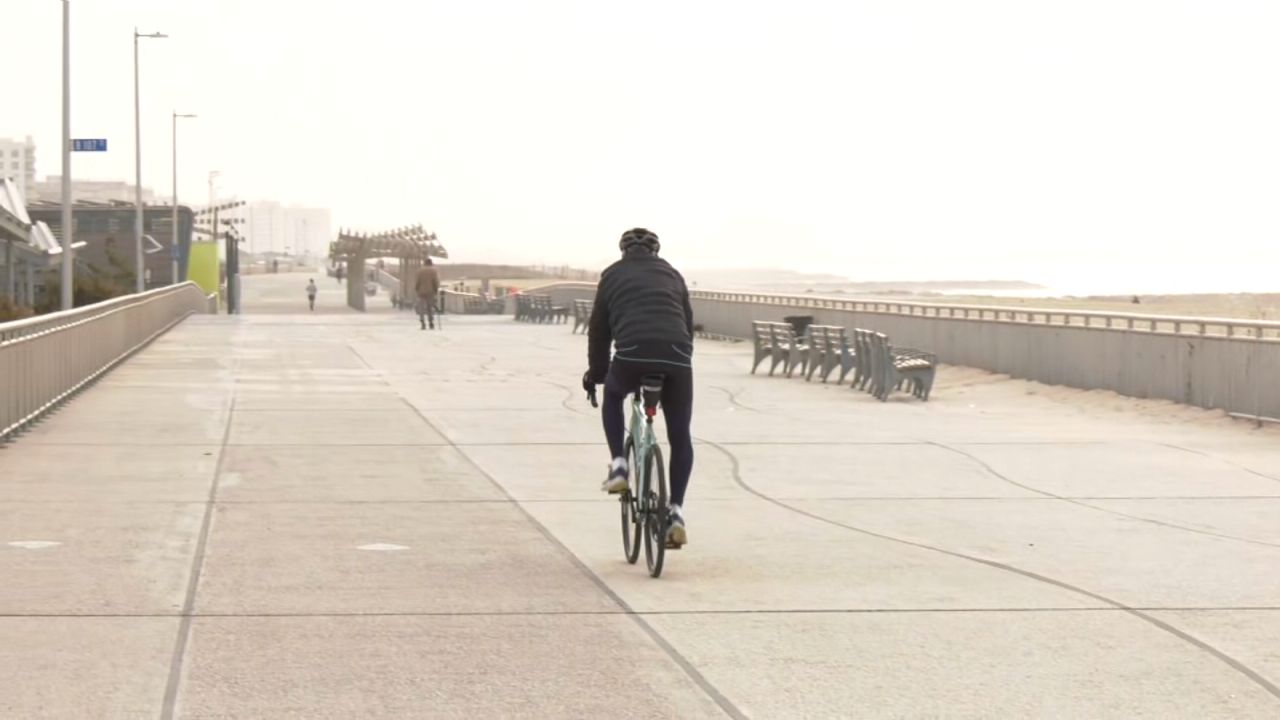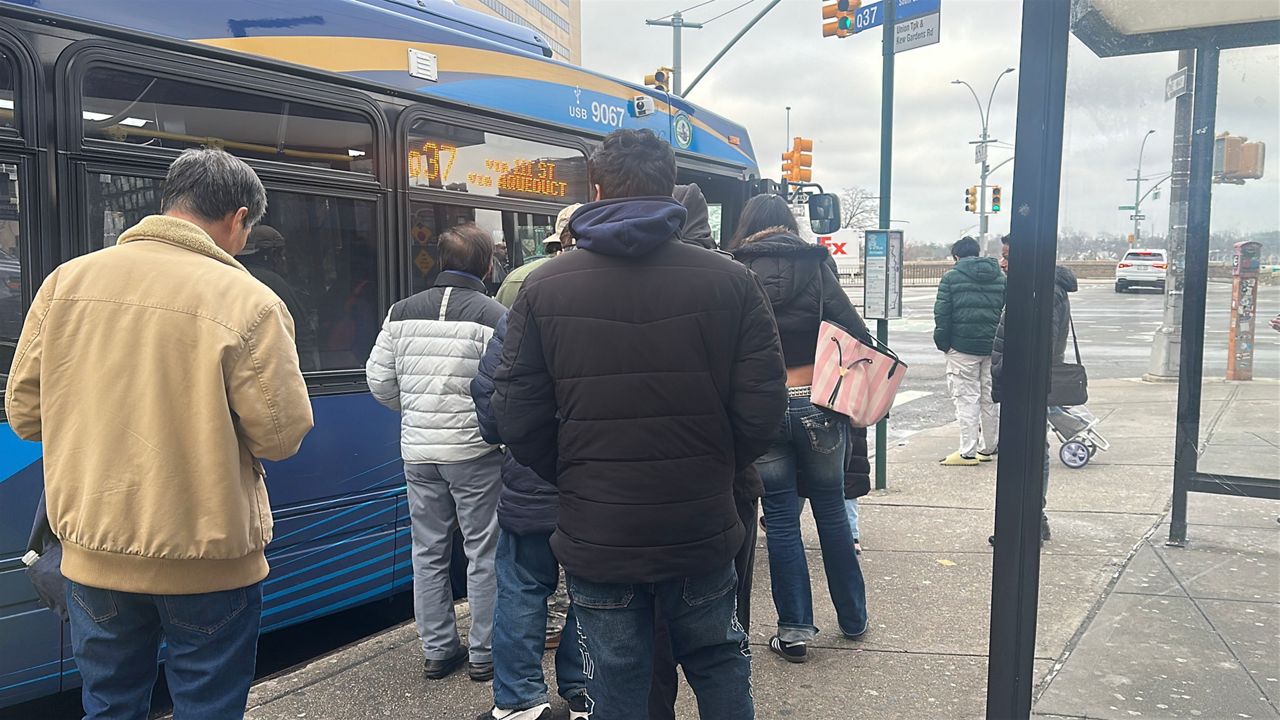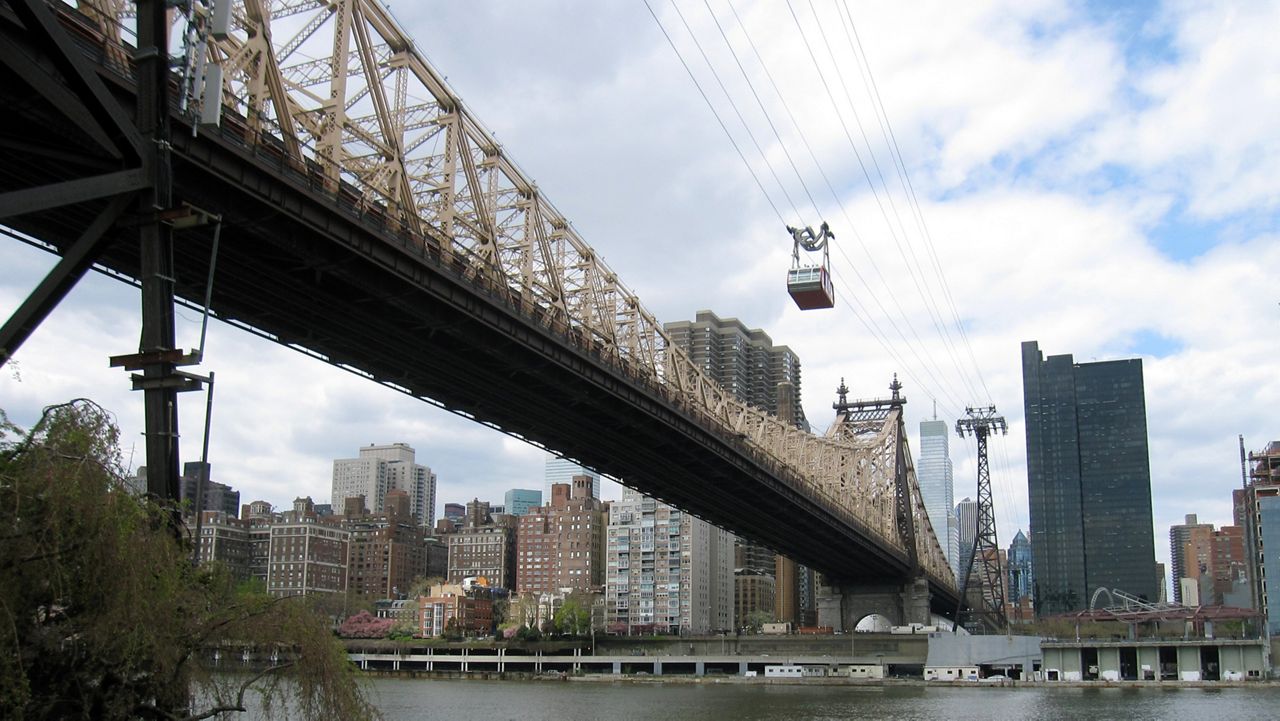The Astoria Boulevard station in Queens is the latest station to be compliant with the Americans with Disabilities Act, thanks to new elevators.
Residents say it makes commuting easier and opens up another transit option for people unable to climb stairs.
"Its really good and it's easier to travel," said a woman who recently had knee surgery, and uses a motorized scooter. "I have more options because I really sometimes don't enjoy taking the bus, because the bus takes a little bit longer."
"I have problems with my feet so it's comfortable to go up," said another subway rider.
MTA officials celebrated the new elevator to mark the 30th anniversary of the Disabilities Act becoming law.
Only a quarter of the MTA’s 472 stations meet the law’s requirements because the agency has delayed much of the expensive and complex work required to install elevators.
In the last few years, the MTA has put a new focus on improving access, promising to upgrade 70 stations with more than $5 billion in capital funds, but most of those plans are on hold after the MTA slashed spending because of plunging ridership and revenues — the result of the coronavirus.
Now, the MTA is seeking a federal bailout of $4 billion.
"Those stations remain our priority, but we also know that we are facing an unprecedented fiscal crisis and so we have to match our calls for accessibility today with our calls for funding from the federal government," said Sarah Feinberg, interim president of NYC Transit.
MTA Construction Chief Janno Lieber said they are working to slash the cost of elevator upgrades by employing new techniques, like simplifying designs, bundling the work with other projects and hiring one firm to design and construct the upgrades.
"We're doing the things that put us in a position to have ADA stations faster, better and cheaper and we're confident we're going to get there, if we get the money from Washington,” Lieber said.
Disability Advocates have long criticized the MTA for its failure to add elevators and ramps.
Four cases against the MTA are pending, alleging violations of the Americans with Disabilities Act and the city's human rights law.
There are more subway stations with elevators that will go live: the 86th Street stop on the R Line in Brooklyn later this week, and the Bedford Avenue and First Avenue stops on the L Line in August.








_ROCKAWAY_SUBWAY_SHUTDOWN_PREVIEW_V1mp4_20250115162703233_132675926_2390)
